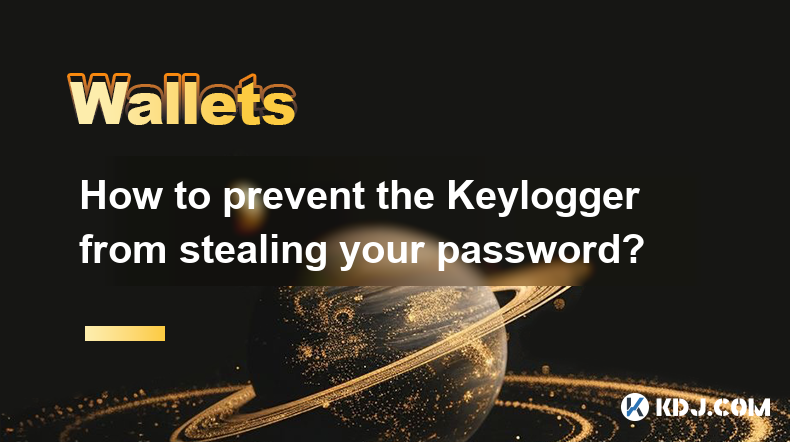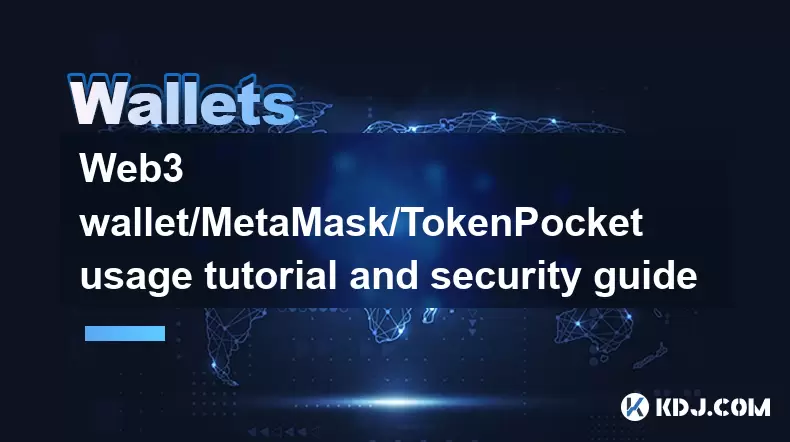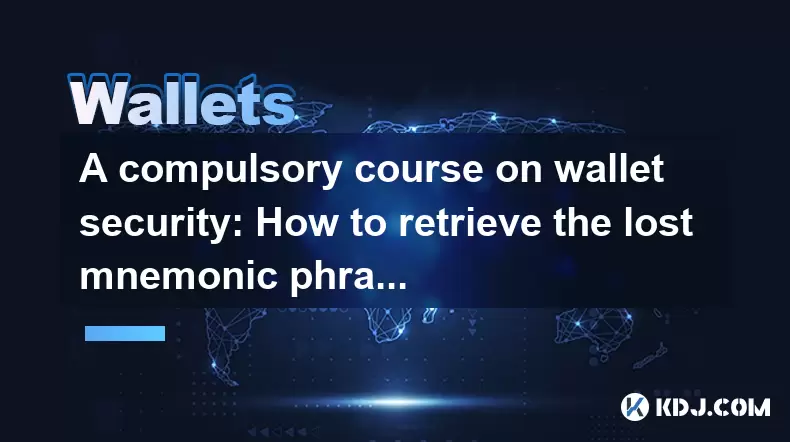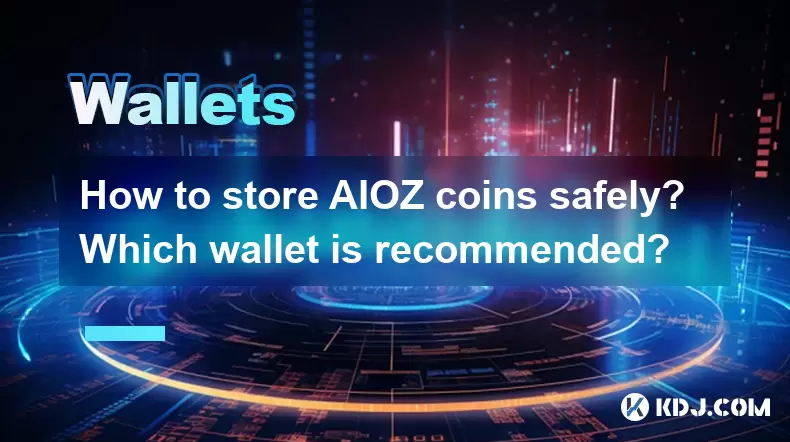-
 Bitcoin
Bitcoin $107,526.4931
-0.01% -
 Ethereum
Ethereum $2,664.6369
1.31% -
 Tether USDt
Tether USDt $1.0002
-0.01% -
 XRP
XRP $2.2922
0.72% -
 BNB
BNB $683.2468
-0.04% -
 Solana
Solana $170.6623
0.22% -
 USDC
USDC $0.9998
0.01% -
 Dogecoin
Dogecoin $0.2211
0.62% -
 TRON
TRON $0.2765
0.47% -
 Cardano
Cardano $0.7420
-0.96% -
 Sui
Sui $3.5858
-0.02% -
 Hyperliquid
Hyperliquid $32.5752
-3.78% -
 Chainlink
Chainlink $15.4724
-0.92% -
 Avalanche
Avalanche $23.0243
-0.32% -
 Stellar
Stellar $0.2852
0.67% -
 Toncoin
Toncoin $3.4315
-1.63% -
 Shiba Inu
Shiba Inu $0.0...01425
0.86% -
 UNUS SED LEO
UNUS SED LEO $9.0456
-0.21% -
 Bitcoin Cash
Bitcoin Cash $414.7562
1.45% -
 Hedera
Hedera $0.1834
-0.11% -
 Litecoin
Litecoin $96.3683
1.31% -
 Polkadot
Polkadot $4.5288
-0.09% -
 Monero
Monero $340.8394
-3.04% -
 Bitget Token
Bitget Token $5.2522
0.03% -
 Pepe
Pepe $0.0...01392
1.46% -
 Dai
Dai $1.0000
0.00% -
 Ethena USDe
Ethena USDe $0.9997
-0.10% -
 Pi
Pi $0.7107
-3.46% -
 Uniswap
Uniswap $6.8684
2.64% -
 Aave
Aave $257.2202
-3.48%
How to prevent the Keylogger from stealing your password?
Keyloggers, malicious software that covertly records keystrokes, pose a significant threat to online security, especially when it comes to stealing passwords and confidential information.
Feb 21, 2025 at 10:37 pm

Key Points:
- Overview of keyloggers
- Common methods used by keyloggers
- Best practices for preventing keylogger attacks
- Technical steps to detect and remove keyloggers
- Additional security measures for password protection
Overview of Keyloggers
Keyloggers are malicious software that covertly records keystrokes made on a computer. They can be used to steal passwords, confidential information, and other sensitive data. Keyloggers are commonly spread through email attachments, malicious downloads, and drive-by downloads from compromised websites.
Common Methods Used by Keyloggers
- Hardware Keyloggers: These devices are physically connected to the keyboard or computer, allowing them to intercept keystrokes before they reach the operating system.
- Software Keyloggers: These programs run in the background and record keystrokes through operating system functions or by hooking into specific applications.
- Web-based Keyloggers: These malicious scripts are embedded on websites and capture keystrokes entered into web forms or password fields.
Best Practices for Preventing Keylogger Attacks
- Use Strong Passwords: Create complex passwords that include a combination of upper and lowercase letters, numbers, and symbols. Avoid using personal information or common words.
- Enable Two-Factor Authentication (2FA): Implement 2FA for online accounts to require additional verification beyond just a password.
- Be Cautious of Attachments and Downloads: Do not open email attachments or download files from untrustworthy sources. Hover over links to verify the destination before clicking.
- Use a Virtual Keyboard: Certain websites and software offer virtual keyboards that display on-screen, preventing physical keyloggers from recording your keystrokes.
- Install Anti-Keylogging Software: Specialized software can detect and block keyloggers. Keep it updated for the latest protection.
Technical Steps to Detect and Remove Keyloggers
- Check Task Manager: Monitor the running processes in Task Manager for suspicious entries with unfamiliar names or high CPU/memory usage.
- Examine Startup Items: Review the startup programs in System Configuration to identify any suspicious entries that may be loading keyloggers on boot.
- Scan with Antivirus Software: Perform a thorough scan of your computer with an antivirus program that detects keylogging threats.
- Use Anti-Malware Tools: Specialized anti-malware software can detect and remove keyloggers that may have bypassed antivirus scans.
- Manually Check for Hardware Keyloggers: Physically inspect your computer and keyboard for any suspicious devices or modifications.
Additional Security Measures for Password Protection
- Use a Password Manager: Store passwords securely in a password manager that encrypts and protects them from keyloggers and other attacks.
- Avoid Saving Passwords in Browsers: Disable the option to save passwords in browsers, as they can be compromised by keyloggers or malicious extensions.
- Change Passwords Regularly: Update your passwords periodically to reduce the risk of compromise by keyloggers and other threats.
FAQs:
What is the difference between a keylogger and a spyware?
Keyloggers are specifically designed to record keystrokes, while spyware can have a broader range of capabilities, including monitoring system activity, collecting data, and transmitting it to external parties.
Disclaimer:info@kdj.com
The information provided is not trading advice. kdj.com does not assume any responsibility for any investments made based on the information provided in this article. Cryptocurrencies are highly volatile and it is highly recommended that you invest with caution after thorough research!
If you believe that the content used on this website infringes your copyright, please contact us immediately (info@kdj.com) and we will delete it promptly.
- Michaël Van de Poppe Remains Unfazed by the Recent Market Crash, Predicting This Panic Moment
- 2025-05-29 23:05:14
- BlackRock iShares Bitcoin Trust ETF (IBIT) Tops All U.S.-Listed ETFs in Daily Inflows
- 2025-05-29 23:05:14
- XRPTurbo, the AI-powered DeFi network on the XRP Ledger (XRPL), has come as one of the talked-about narratives
- 2025-05-29 23:00:14
- Despite May’s Outperformance, the XRP Price Consolidates Between $2 and $2.6
- 2025-05-29 23:00:14
- Bitcoin Hyper Solves Two Major Problems with Bitcoin – Slow Transactions and High Fees
- 2025-05-29 22:55:13
- Web3 developer platform Alchemy has acquired HeyMint, an NFT launchpad
- 2025-05-29 22:55:13
Related knowledge

Web3 wallet/MetaMask/TokenPocket usage tutorial and security guide
May 29,2025 at 08:03pm
Web3 wallets such as MetaMask and TokenPocket are essential tools for interacting with the decentralized web and managing your cryptocurrencies. This tutorial will guide you through the process of setting up and using these wallets, as well as providing a comprehensive security guide to help protect your assets. Setting Up MetaMaskSetting up MetaMask is...

Cold Wallet vs Hot Wallet: Which is Better for Long-term Holding?
May 24,2025 at 01:35pm
When considering the best method for long-term holding of cryptocurrencies, the choice between a cold wallet and a hot wallet is critical. Cold wallets, also known as hardware wallets, store your private keys offline, making them highly secure against online threats. On the other hand, hot wallets are connected to the internet and are more convenient fo...

A compulsory course on wallet security: How to retrieve the lost mnemonic phrase?
May 26,2025 at 04:35am
Introduction to Wallet Security and Mnemonic PhrasesWallet security is a critical aspect of managing cryptocurrencies. One of the fundamental components of securing your digital assets is the mnemonic phrase, also known as a seed phrase. This phrase is a series of words generated by your wallet that serves as a backup to restore your wallet and access y...

Digital currency wallet tutorial: How to store cryptocurrency? Can it be stolen?
May 25,2025 at 09:56am
Digital currency wallets are essential tools for anyone engaging with cryptocurrencies, serving as secure storage for digital assets. In this tutorial, we will explore the various types of cryptocurrency wallets, how to use them to store your digital currencies, and address concerns about the potential for theft. Types of Cryptocurrency WalletsThere are...

How to choose a cryptocurrency wallet? What should you pay attention to for safe storage?
May 24,2025 at 03:00pm
Choosing the right cryptocurrency wallet is crucial for the safety and management of your digital assets. With numerous options available, it's important to understand the different types of wallets and what to look for in terms of security and usability. This article will guide you through the process of selecting a suitable cryptocurrency wallet and p...

How to store AIOZ coins safely? Which wallet is recommended?
May 21,2025 at 06:42pm
Storing AIOZ coins safely is crucial for any cryptocurrency holder. AIOZ Network is a blockchain platform that combines decentralized storage, streaming, and computing services. To ensure the security of your AIOZ coins, it's essential to choose the right wallet and follow best practices for cryptocurrency storage. In this article, we will explore vario...

Web3 wallet/MetaMask/TokenPocket usage tutorial and security guide
May 29,2025 at 08:03pm
Web3 wallets such as MetaMask and TokenPocket are essential tools for interacting with the decentralized web and managing your cryptocurrencies. This tutorial will guide you through the process of setting up and using these wallets, as well as providing a comprehensive security guide to help protect your assets. Setting Up MetaMaskSetting up MetaMask is...

Cold Wallet vs Hot Wallet: Which is Better for Long-term Holding?
May 24,2025 at 01:35pm
When considering the best method for long-term holding of cryptocurrencies, the choice between a cold wallet and a hot wallet is critical. Cold wallets, also known as hardware wallets, store your private keys offline, making them highly secure against online threats. On the other hand, hot wallets are connected to the internet and are more convenient fo...

A compulsory course on wallet security: How to retrieve the lost mnemonic phrase?
May 26,2025 at 04:35am
Introduction to Wallet Security and Mnemonic PhrasesWallet security is a critical aspect of managing cryptocurrencies. One of the fundamental components of securing your digital assets is the mnemonic phrase, also known as a seed phrase. This phrase is a series of words generated by your wallet that serves as a backup to restore your wallet and access y...

Digital currency wallet tutorial: How to store cryptocurrency? Can it be stolen?
May 25,2025 at 09:56am
Digital currency wallets are essential tools for anyone engaging with cryptocurrencies, serving as secure storage for digital assets. In this tutorial, we will explore the various types of cryptocurrency wallets, how to use them to store your digital currencies, and address concerns about the potential for theft. Types of Cryptocurrency WalletsThere are...

How to choose a cryptocurrency wallet? What should you pay attention to for safe storage?
May 24,2025 at 03:00pm
Choosing the right cryptocurrency wallet is crucial for the safety and management of your digital assets. With numerous options available, it's important to understand the different types of wallets and what to look for in terms of security and usability. This article will guide you through the process of selecting a suitable cryptocurrency wallet and p...

How to store AIOZ coins safely? Which wallet is recommended?
May 21,2025 at 06:42pm
Storing AIOZ coins safely is crucial for any cryptocurrency holder. AIOZ Network is a blockchain platform that combines decentralized storage, streaming, and computing services. To ensure the security of your AIOZ coins, it's essential to choose the right wallet and follow best practices for cryptocurrency storage. In this article, we will explore vario...
See all articles



























































